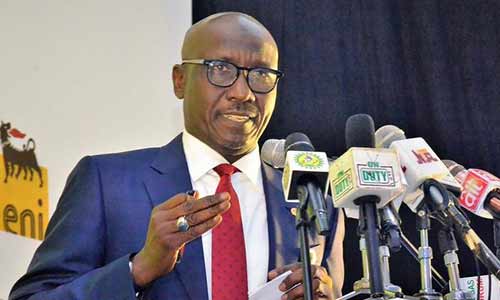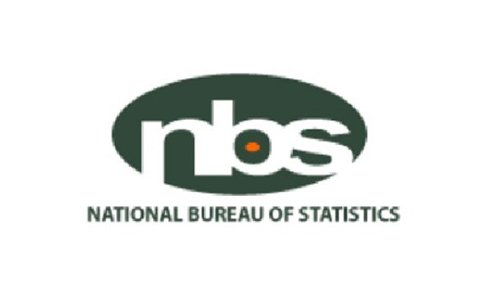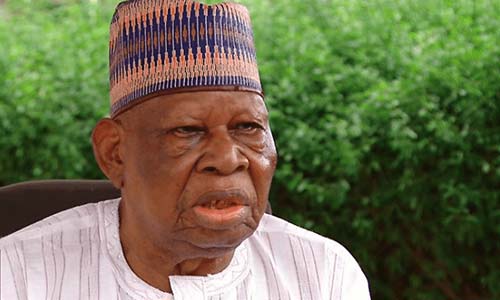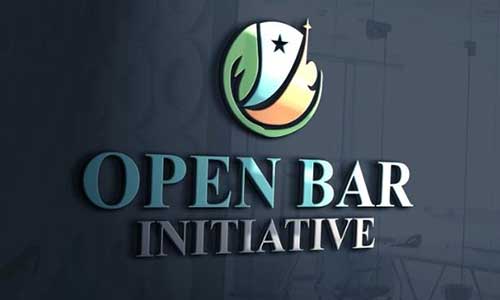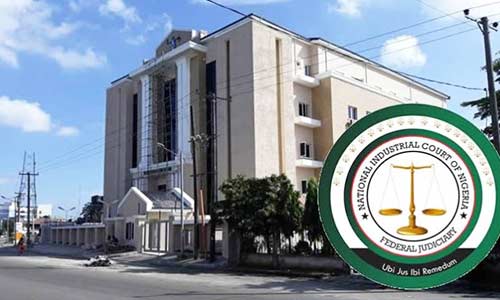BY EMMANUEL EDOM
A 48-years-old Man, Charles Ekwe, who could not control his sexual lust for underage girls, has landed himself into trouble.
Ekwe, who was said to have confessed in part to the crime, admitted that he only ” fondled her virgina and we watched pornography together.”
The gender-based unit of Nigeria Security and Civil Defence Corps, (NSCDC), Lagos State Command, said it arrested the 48-year-old suspect on the 12th of October, 2020, for sexually abusing a 13-year-old girl, Chinyere Everest, who is his wife’s niece.
Ekwe, who was said to be residing at 1B Surulere Street, Ojo, Lagos State, was alleged to have started abusing the 13-year-old girl before the Covid 19 locked down but she revealed that she was scared to report to her aunty.
According to NSCDC, Victim In her statement said her uncle who she calls ”daddy”, started sexually assaulting her early this year and does that when her aunt leaves the house and also at his shop where he trades.
She was said to have revealed that the suspect also exposed her to pornography on his phone, threatening to kill her if she tells anybody.
“This assault has occurred on several occasions that I have lost counts”.
Victim’s Aunty, Mrs Blessing Ekwe, in her own statement, said her niece has been living with them for the past four years after the death of the victim’s father and that she noticed something was wrong three weeks ago which prompted her to interrogate the girl and she opened up by telling her that her husband has been sexually abusing her. She then took her for medical examination and it was confirmed that she has been defiled.
The suspect while admitting to committing the crime, insisted he only fondled her genitals and made her watch pornography on his phone.
The Public Relations Officer of NSCDC, Bada Kehinde Mary, quoted the Agency’s Commandant, Mr Ayeni Paul, as saying that ” the suspect will face the full wrath of the law and will be handed over to the appropriate agency for further investigation and prosecution, adding that” this is a heinous crime and all perpetrators of such when caught will be made to pay dearly”.
Reiterating the corps readiness to combat crime in the state, the commandant said the corps will not rest on its oars in ensuring a crime-free Lagos.
Ayeni assured that his gender-based Unit which is saddled with the responsibility of handling rape, domestic violence, sexual assault and defilement as well as child abuse cases, is equipped with well-trained officers to handle such cases. He enjoined the populace to feel free to make such reports.
theleadnewsreport



